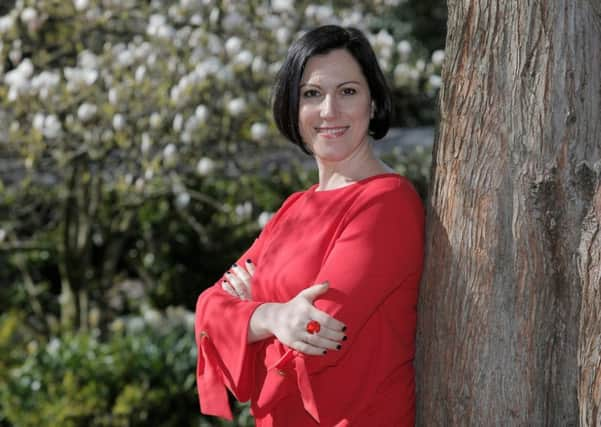Claudia Cavalluzzo: From the lab bench to the boardroom – academics are getting the business bug


Throughout my own academic journey, I felt comforted by lab work, the scientific publications and the acronyms only a few could understand, and the mechanisms of reactions drawn on the walls. I was OK with the fact that we, the ‘lab rats’, were good at the science, the numbers and data analysis, but not so good with people, cash flow and sales.
I kept hearing phrases like ‘I am the science guy’ or ‘I am the technical person, not a business leader’. Until a few years ago, I think scientists and technologists were proud of it. However, times have changed. In the past few years, I have observed a shift in the views of some academics. More and more staff and students are opening up to the idea that research can and should be translated into a commercial opportunity, that a university is a platform not only to learn and study but also to springboard entrepreneurs.
Advertisement
Hide AdAdvertisement
Hide AdTo underline this, Converge, Scotland’s leading company creation programme, has seen a remarkable 11 per cent increase in submissions this year, with almost 250 researchers, postgraduates and undergraduates looking to start up their own companies.
This number is even more remarkable when compared to Converge’s first round in 2011. Back then, the programme, new in its nature and aims, received 40 applications from one university. Nine years on, the number has grown to 248 from all Scottish universities.
Is this an isolated phenomenon? No, it is not. Scotland’s vibrant entrepreneurial eco-system is inspiring, encouraging and connecting creative thinkers, including those traditionally considered more ‘academic’. The rise in entrepreneurial activities is also attributable to the growing interest in mission-led businesses, that many academics and scientists find more aligned with their personal drivers and motivations.
For example, applications for our Impact Challenge, aimed at new and innovative projects with a social or environmental mission at their core, have grown by an incredible 33 per cent compared to last year.
However, several investors still claim there is a general inability among academics to understand the challenges of industry, that researchers work to interminable timescales and that ‘risk’ is not in their DNA.
I don’t believe this is true, I think things are evolving. Given the changes I have witnessed, from both a personal perspective and across Scotland’s Higher Education institutions, I’m certain that our academics can become successful business leaders, if they are interested in that career path.
Resilience, grit, failure awareness and curiosity are some of the traits I strongly believe make a great entrepreneur – traits they already possess and that make them good scientists.
Many universities are introducing business incubators, support programmes, internal competitions (many of which feed into Converge) to create an environment in which creating your own company is not a bizarre exception anymore.
Advertisement
Hide AdAdvertisement
Hide AdSome of the internal hurdles to company creation within institutions are also easing and expertise is growing. Universities are getting involved in City Deals and play a pivotal role in regional economic development.
So, what does the future look like for our academics?
Research remains a vital tool for our society and this is underpinned by the large R&D investment made in both Scotland and the UK in recent years However, this investment needs to be translated into applicable products or services that make the world a better, healthier and wealthier place.
Whilst we have seen a rise in entrepreneurial activities in all universities (to different extent depending on size and capital), we should’t kid ourselves that our job is done. Converge strives to ease the transition from the ‘bench to the boardroom’. However, this is a continual journey and calls for a mindset which is open to working with expert trainers, entrepreneurs, business coaches and sector specific organisations. Only by doing this, we learn, and we might possibly fail, but we keep trying until we succeed.
Our plan is to keep working with Scotland’s academic institutions to support their efforts in becoming more entrepreneurial, to grow the network and attract talent and capital.
Whilst the system is not perfect, there is a growing sense that entrepreneurialism is becoming an accepted part of our university landscape and that starting a business can be the key to one’s future. You can find more details at www.convergechallenge.com .
Claudia Cavalluzzo is director of Converge.